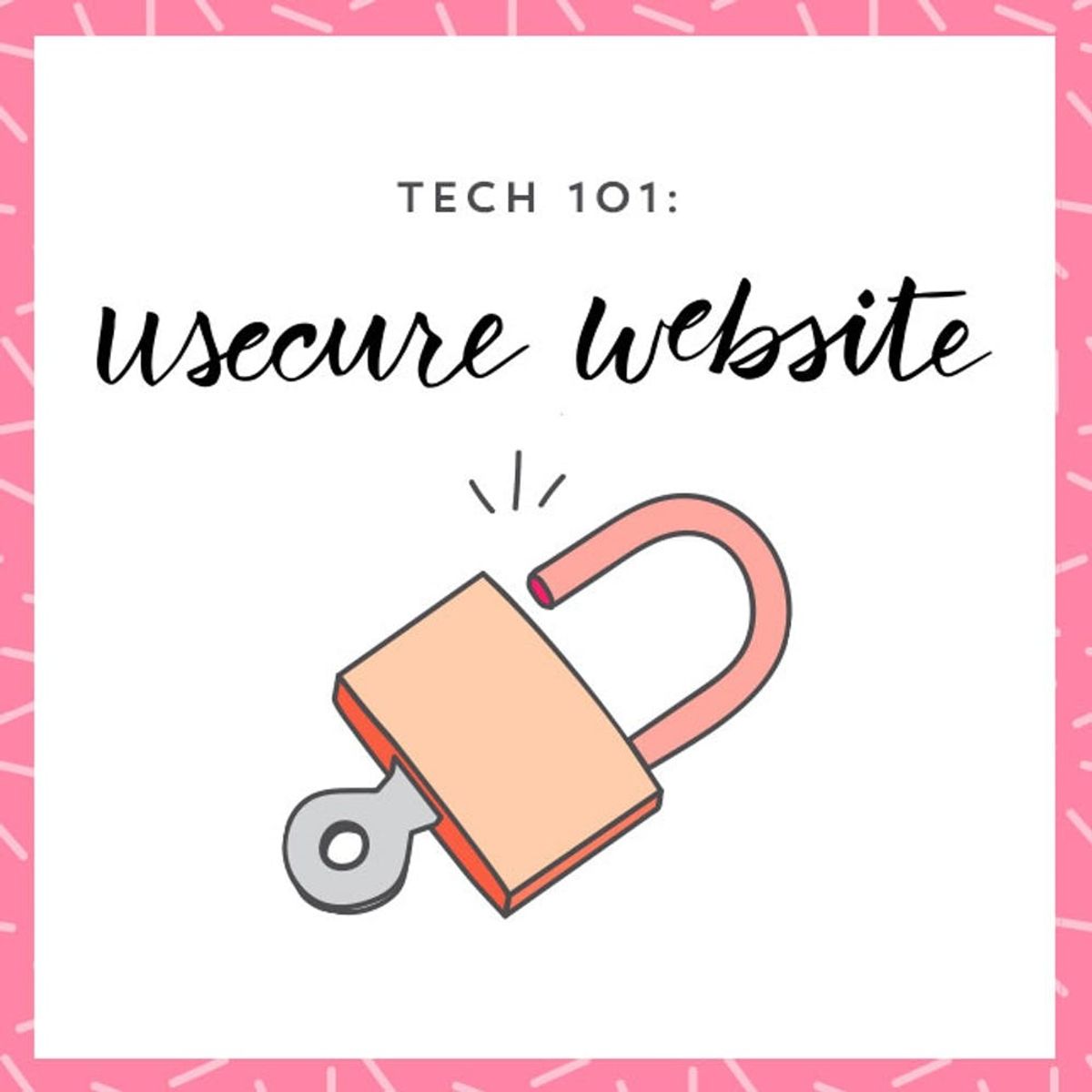Here Are the Dangers of Surfing an Unsecured Site

The US got a little extra shaken up this year about encryption and security, especially after the FBI asked Apple to unlock someone’s phone and basically half the internet got taken down in October. The point of that attack wasn’t to steal our information, thank goodness, but the fact that it was so easy to take down so many big-name sites is pretty disturbing. We’d like to think that it would be a lot harder to take down something that has such a big hand in our digital world. Unfortunately, we often aren’t as secure as we think. But we can take certain steps to decrease the likelihood of getting our information stolen or other bad things happening. We’re going to focus on websites and explain what it is that keeps you safe on the web.
What makes a site secure?
HTTPS (Hypertext Transfer Protocol Secure) is one of the biggest things that keeps you safe on the internet. It creates a more secure connection when you visit websites. According to Technopedia, “A secure connection is a connection that is encrypted by one or more security protocols to ensure the security of data flowing between two or more nodes.” Whew. That sounds complicated, but basically it means that when you’re securely connected to a site, there’s a lot going on in the background to make sure your info is hidden from malevolent and prying eyes.
Here’s an analogy for you. Using a site with HTTP would be like telling your secrets to your friend where anyone could be eavesdropping. Using a site with HTTPS would be like whispering those secrets to your friend, but also using a secret language so that any would-be eavesdroppers don’t hear anything useful.
Peter Eckersley of the Electronic Frontier Foundation (EFF) built upon former senator Ted Stevens’ analogy that said the internet is like a bunch of tubes, saying, “If you use HTTP, those tubes are totally transparent. Anyone along the way can look inside and see exactly what you’re doing.” Use HTTPS, and “those tubes become opaque. Only people at the end can see what’s traveling through them.”
Here’s how HTTPS is saving your backside.
Why HTTPS Is So Important
1. HTTPS protects your numbers. HTTPS keeps your credit card info and passwords safe every time you enter them online. On a regular HTTP site, that data can be obtained, read and even changed by anyone between you and the site’s server — a hacker on the same cafe WiFi, your internet service provider (ISP) or the NSA. Eek!
2. HTTPS protects your browsing habits. Anything you read or do online that you don’t necessarily want your employer or ISP, etc. to know about is better protected when those sites use HTTPS. No one needs to know when you’re searching for a new job while you’re still employed or using WebMD to figure out what that rash could be. Awk.
3. HTTPS kicks impostors’ butts. HTTPS also gives us peace of mind by assuring us that a site with that little padlock in the address bar is who it says it is. In order to get that padlock, the site has to get a certificate that in theory can’t be faked. The certificate means that when your address bar says https://blahblah.com, you’re really on that site and no one else can see your info.
4. HTTPS ensures integrity. HTTPS prevents anyone on your local network from screwing with the data on a site on its way to you. Without HTTPS, someone (like the government, for example) can block parts of a webpage or even multiple pages on a domain. This could be a big problem, especially with the fake news problems we’ve been having lately, which is why it’s a good thing that many news sites now use HTTPS. Not using HTTPS on a site could let even more malicious things happen; someone could add just one line of code and compromise your whole computer. Scary, right?!
TL;DR: If you care about protecting your info online, make sure the sites you visit use HTTPS encryption. If you take nothing else away from this, remember that. Seriously. No one likes eavesdroppers.
Do you check to make sure sites you visit use HTTPS? What other precautions do you take? Tell us @BritandCo!
(Photos via Getty)











